Kaiser Permanente School of Allied Health Sciences’ new medical assisting program that launched in April 2017 provides more than a classroom education. Pictured, student Maria Lopez with Omega Lawson, a member of the senior center.
On a sunny Friday morning in late February, 30 medical assisting students tested the blood pressure of about 100 seniors who’d come to the East Oakland Senior Center for an exercise class.
The students were practicing not how to take the readings, but understanding and caring for the diverse communities served by Kaiser Permanente.
“This is the third time the students have been here,” said Lucille Jackson, a senior center member and volunteer from the Maxwell Park neighborhood of Oakland. “We appreciate that they take the time to come and give us this service. Some of us can’t go out and get it done.”
According to Tammy Arnold, Kaiser Permanente medical assisting program director, the students from the School of Allied Health Sciences learn valuable lessons when interacting with the East Oakland Senior Center members.
“As medical assistants, we’ll be working often with the elderly. You might have stereotypes about what elderly people are like, and you come here and realize it’s completely different.”
East Oakland Senior Center Director Falon Keys noted that many of the senior center members are retired Kaiser Permanente employees themselves, and proud to help train the next generation of caregivers.
The active involvement of Kaiser Permanente students at the senior center has instilled a better understanding of healthy living, too, Keys added. “After Kaiser started coming here, we skipped the big, sugary cakes we used to raffle off after exercise class.”
At the senior center, medical assisting students think of new ways to provide holistic care. For example, Matt Gee, a student from Richmond, created a class to help educate seniors on the signs of scamming and fraud.
The lesson of the excursions to the center was felt by Tan Nguyen, a student from San Francisco, who discovered his calling to be a caregiver when his father suffered a stroke.
“It’s more than just taking care of an illness, it’s taking care of a person.”
Applications are available for the next cohort of the KPSAHS Medical Assisting Program and are due March 1.
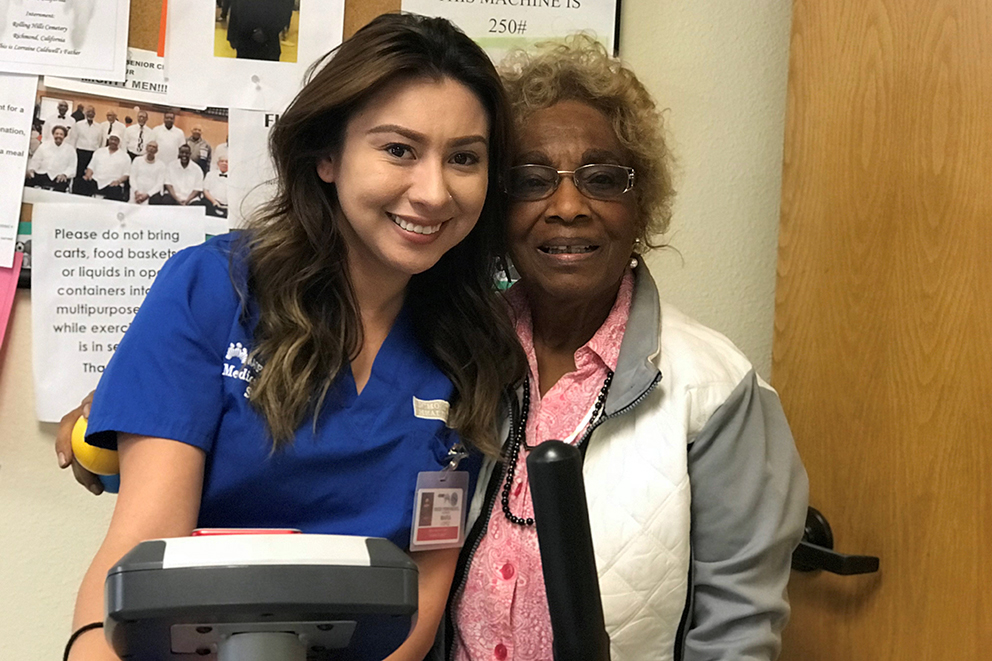
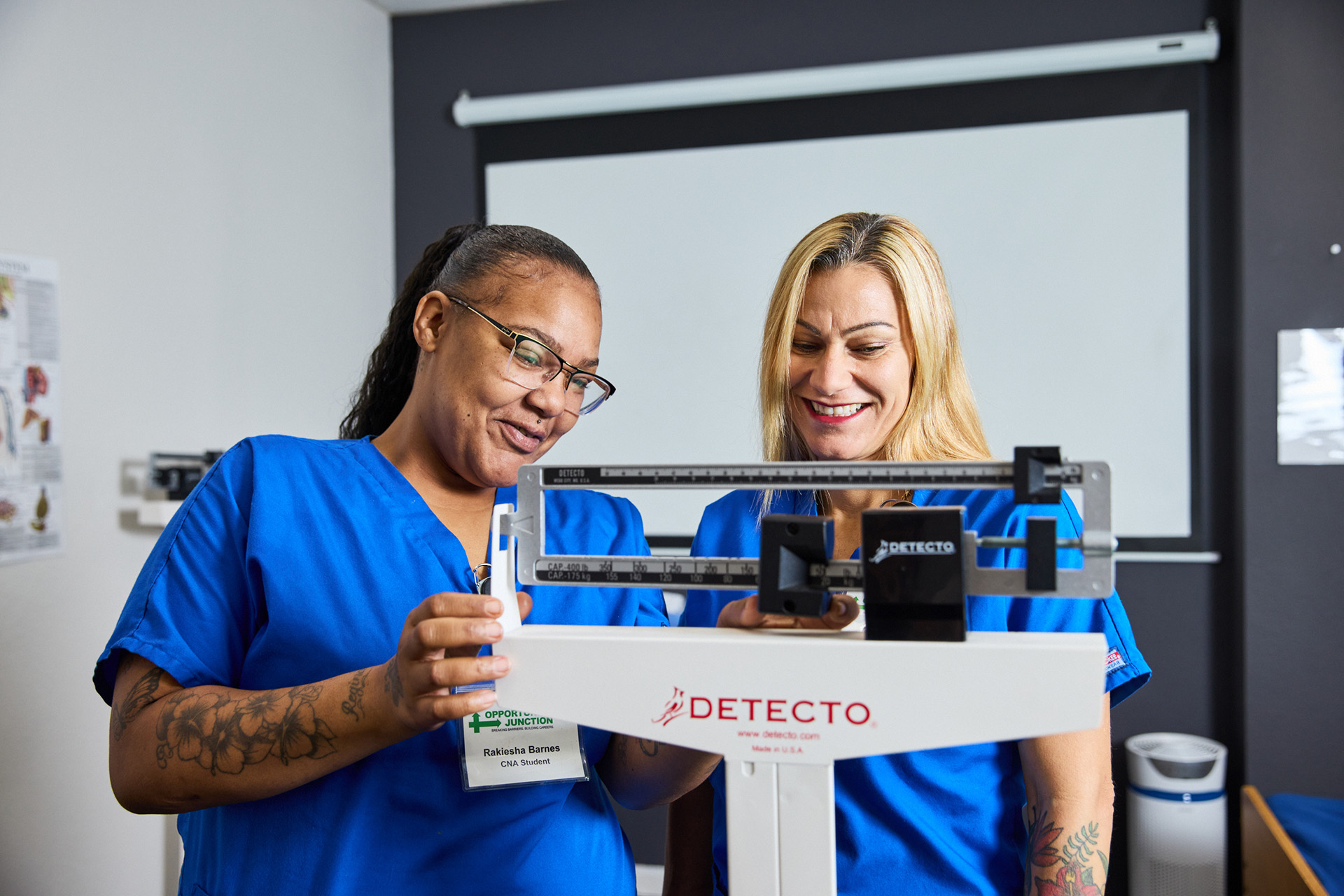
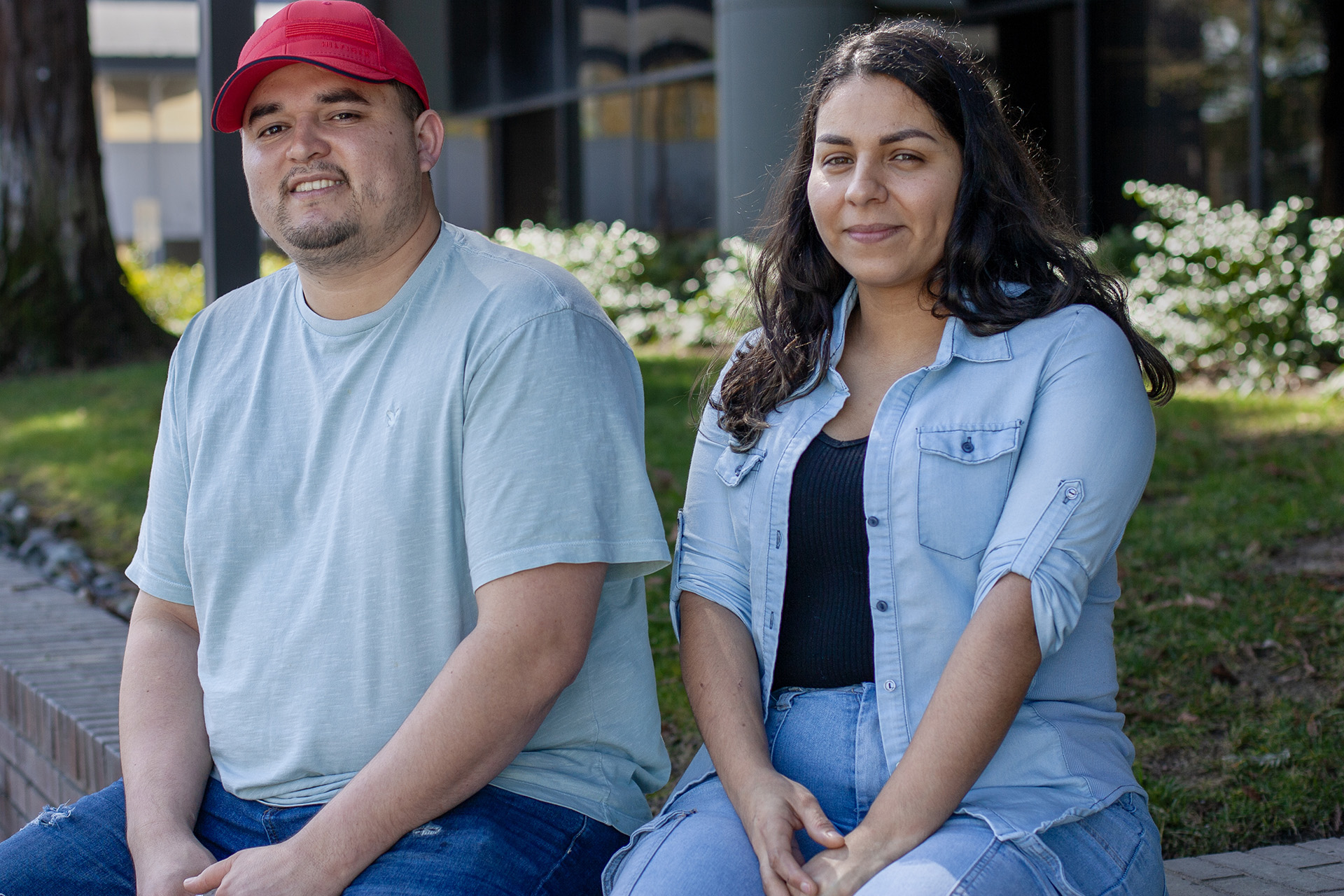
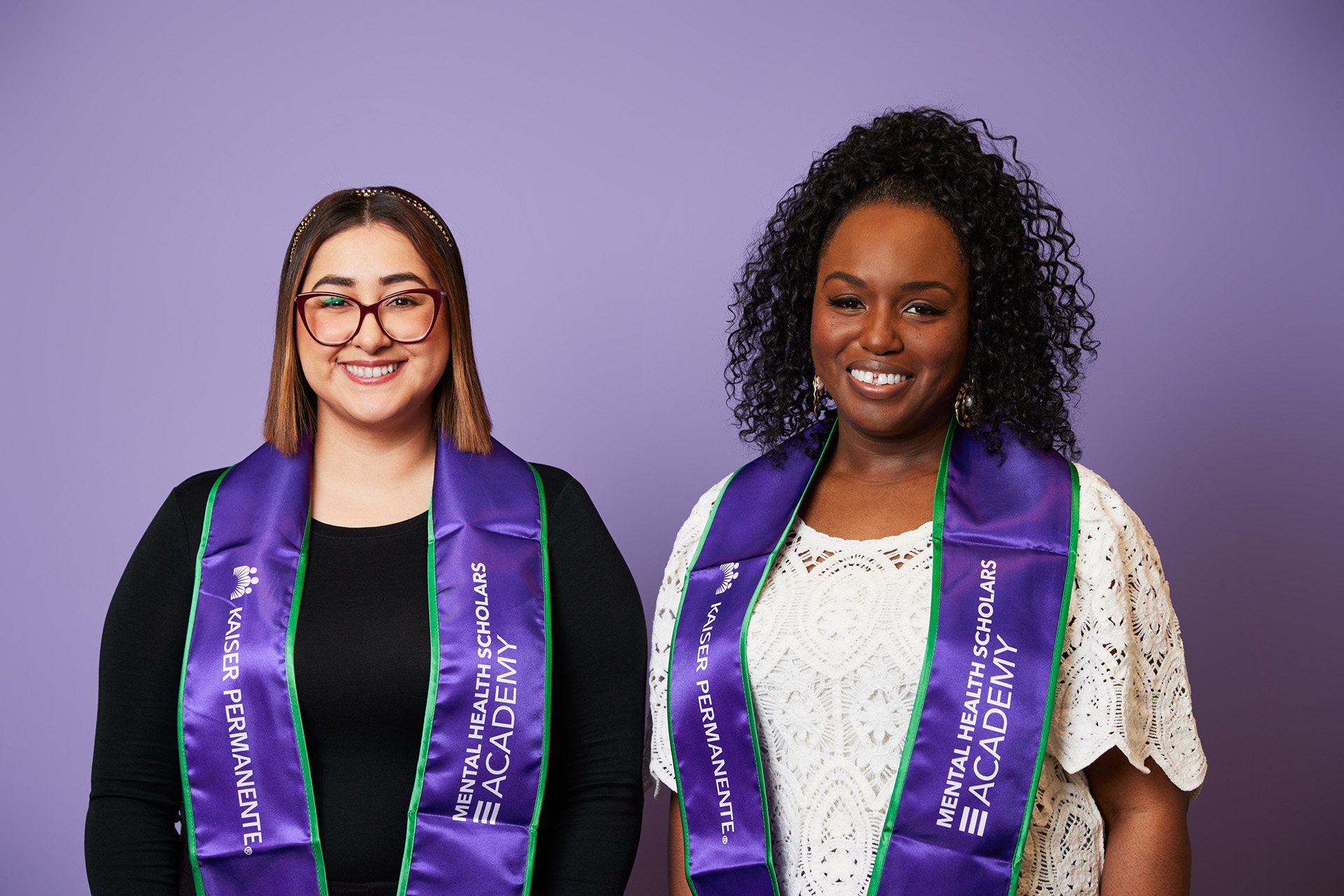
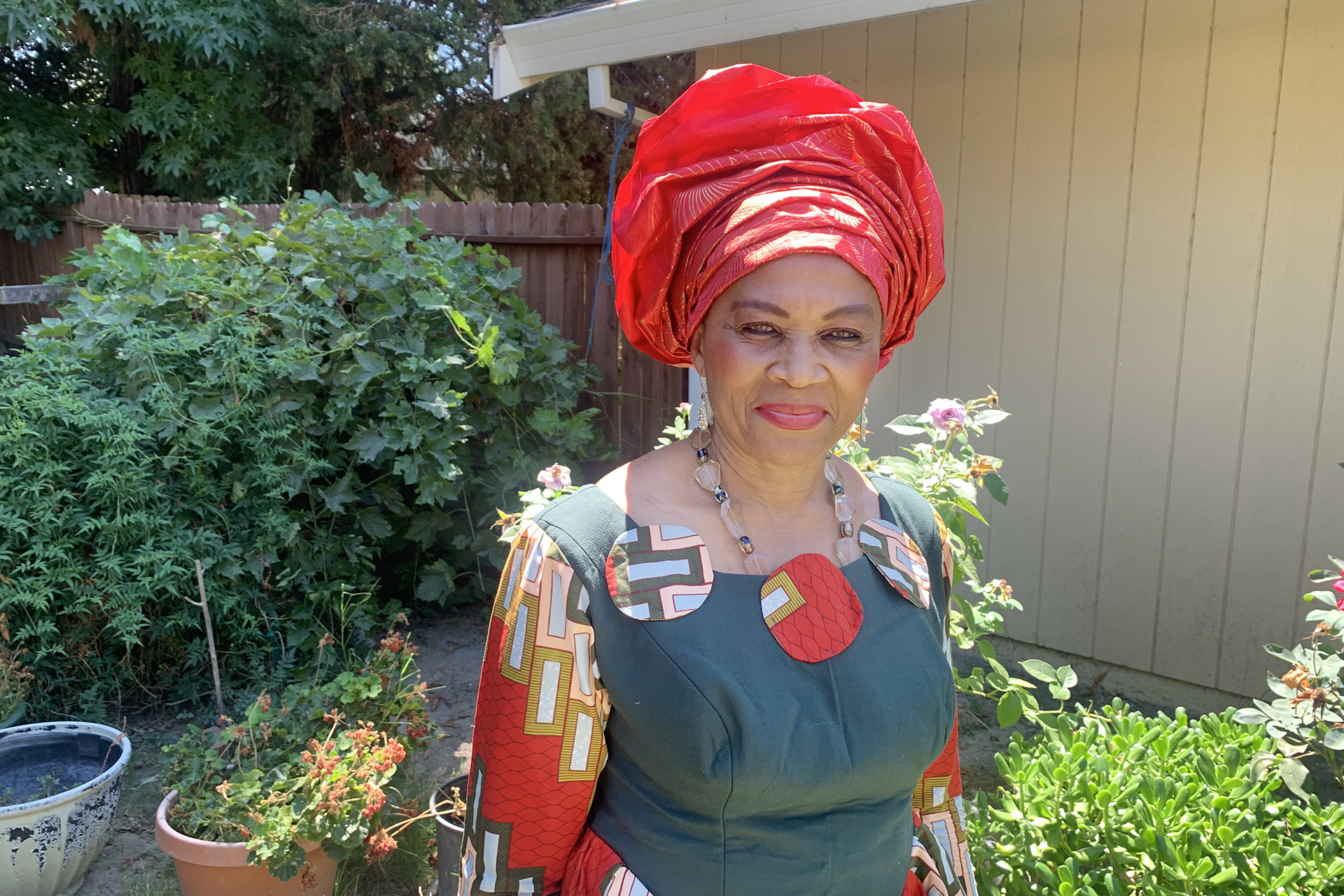
This Post Has 0 Comments